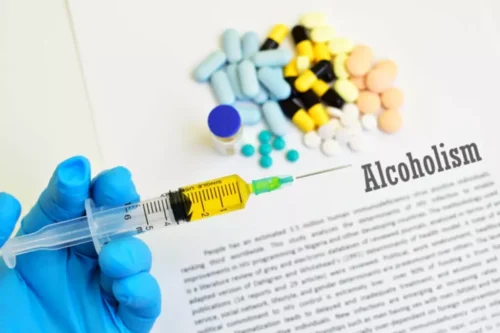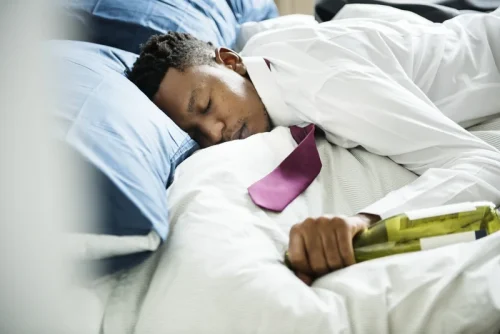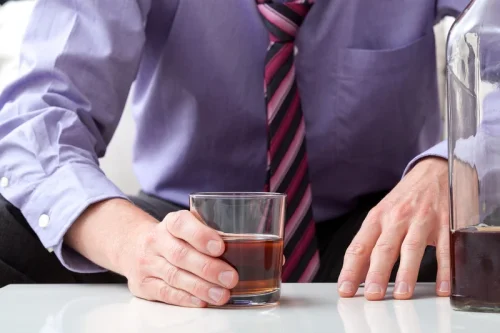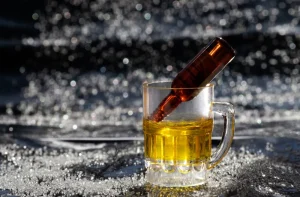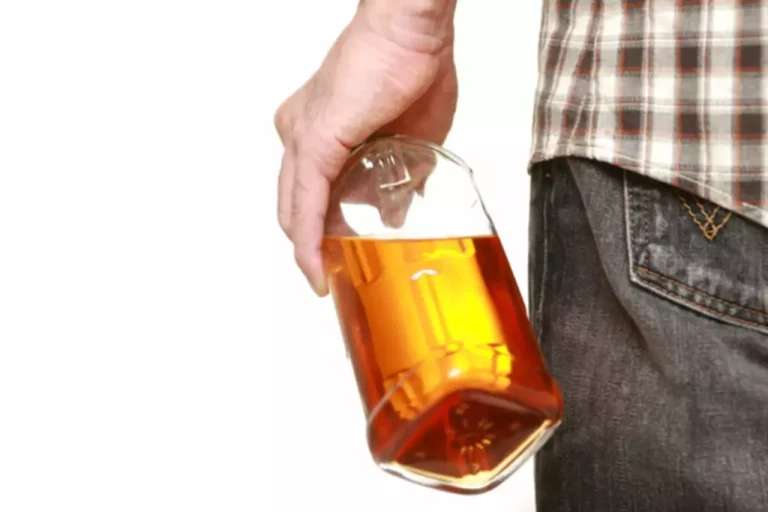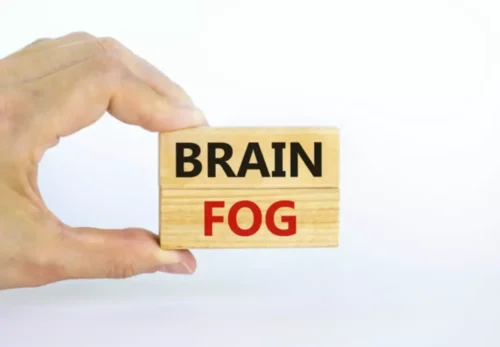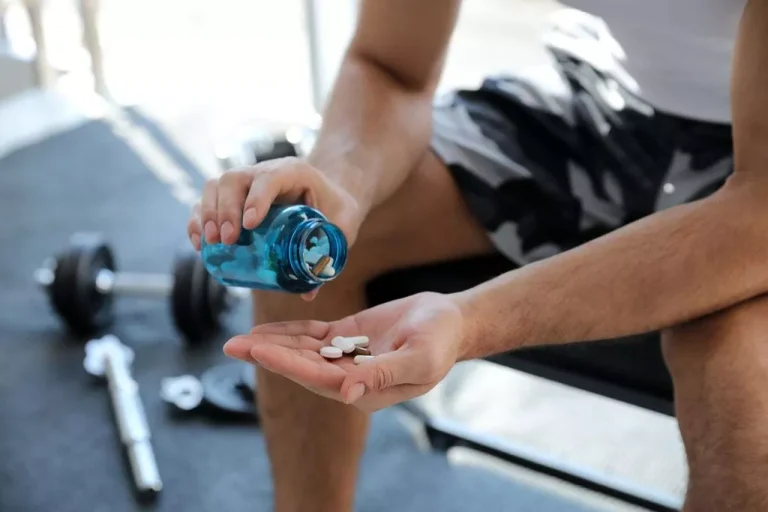
Support groups, both in-person and online, can provide a sense of community and shared understanding. Family therapy can help loved ones better understand and support the individual experiencing blackouts. Additionally, crisis hotlines and emergency mental health services can offer immediate assistance during particularly challenging episodes.
- During a blackout, people can carry on conversations and complete complex tasks.
- The six facets of emotion dysregulation were examined as mediators of the relationship between PTSD symptoms and alcohol-related consequences in the full sample and by sex.
- Some studies suggest that alcohol consumption can increase the likelihood of the development of PTSD in women, due to the increased likelihood of exposure of traumatic events that occurs as a result of alcohol abuse.
Dual Diagnosis: Treating PTSD and Alcohol Abuse
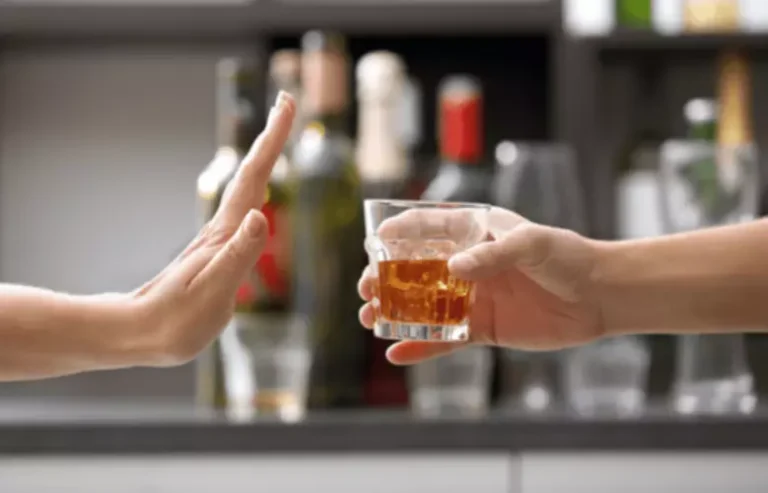
So-called blackouts and brownouts can lead to temporary and even permanent memory loss. Not to mention, they can put you in danger of serious harm in the moment when you’re not quite sure of your surroundings or what’s happening. I once asked a group of alcoholics in rehab how many had experienced a blackout in the first years of their https://ecosoberhouse.com/ drinking. Then I asked those with their hands in the air how many of them had an alcoholic parent. All but two kept their hand up, and one who had lowered his hand said he was adopted and did not know about his parents. You can start the conversation early by talking to your kids/teens about blackout drinking and its consequences.
- For those currently struggling with PTSD blackouts, it’s crucial to seek professional help and to remember that healing is a journey.
- There are various negative consequences of alcohol use among college students, including motor vehicular accidents, risky sex, sexual assault, fights, physical assaults, and fatalities (Hingson, Heeren, Winter, & Wechsler, 2005).
- The good news is that treatment works if you have PTSD and SUD happening at the same time (co-occurring).
- But, unfortunately, trauma and alcoholism can make a dangerous combination.
PTSD and Alcohol Abuse in Veterans
By Ethan Milner, LMSW The term “Neurodiversity” includes a spectrum of presentations including Autism and ADHD. A blackout is not the same as “passing out,” which means either falling asleep or losing consciousness from drinking too much. Dr. Jenni Jacobsen, PhD is a medical reviewer, licensed social ptsd alcohol blackout worker, and behavioral health consultant, holding a PhD in clinical psychology. Well-known symptoms of PTSD include angry outbursts, flashbacks, and sensitivity to loud noises. Some types of psychotherapy target PTSD symptoms, while others focus on social, family, or job-related problems.
Is Blacking Out a Sign of an Alcohol Use Disorder?
- For a brief moment, you may become trapped in the past or separated from reality.
- It is a legitimate disorder even when it occurs in mild forms and is especially serious in moderate or severe forms.
- Participants were paid $25 for the baseline assessment and up to $100 per week in the ESM study contingent on performance.
- During these episodes, individuals may experience intense anger or rage, accompanied by a loss of control and subsequent memory loss for the duration of the outburst.
- An exposure variable equal to the number of assessments completed each day was included and hence the models estimate a rate.
- This experience sampling study used an intensive measurement burst design to test hypotheses regarding the temporal associations between PTSS, drinking, alcohol dependence syndrome, and conduct problems.
Data from the Department of Veterans Affairs indicates that as many as 63 percent of veterans diagnosed with alcohol use or other substance use disorder also meet the diagnostic criteria for PTSD. While PTSD does not result solely from trauma experienced with military duty, PTSD and alcohol abuse in veterans are occurring at higher rates than in the general population. Seeking treatment for a substance use disorder and PTSD have increased at least 300 percent in recent years.
In addition, lability and disinhibition were hypothesized to moderate within-person associations between PTSS, drinking, and the outcomes. Finally, we tested whether lability and disinhibition predict the strength of autoregressive effects of the outcomes. The autoregressive parameter indicates the extent to which deviations from the individual’s expected value at time t-1 (i.e., yesterday) predict subsequent behavior at time t (today). Stronger autoregressive parameters indicate a slower return to baseline or conversely, a carry-over effect of past behavior that is not accounted for by the other time-varying constructs (Hamaker & Grasman, 2015). For example, a stronger autoregressive effect of dependence syndrome symptoms over time may imply greater perpetuation of AUD symptoms and deficits in the ability to modulate drinking behavior in response to changing environmental contingencies. In this regard, the autoregressive parameter may be conceptualized as the manifestation of the latent alcohol use disorder itself.
- It’s crucial to work closely with a mental health professional to determine the most appropriate medication regimen, as individual responses can vary.
- If you or a loved one has developed PTSD after a traumatic event and also struggles with alcohol abuse, we’ve compiled some information about the relationship between PTSD and alcohol.
- Details about upcoming events—including meetings, conferences, workshops, lectures, webinars, and chats—sponsored by NIMH.
- Factors contributing to addiction to alcohol and PTSD sufferers include the severity and type of PTSD the person experiences.
- This can lead some people to drink again, leaving them trapped in a vicious cycle.
These blackouts can be particularly distressing for both the individual and those around them, often leading to feelings of guilt, shame, and confusion. To understand this phenomenon, we must delve into the neurological mechanisms underlying PTSD-related blackouts. When an individual experiences trauma, the brain’s stress response system becomes hyperactivated, leading to changes in the way memories are processed and stored.
Types of Blackouts

Find tips to help prepare for and get the most out of your visit and information about getting help. It is important for anyone with PTSD symptoms to work with a mental health professional who has experience treating PTSD. The main treatments are psychotherapy, medications, or a combination of psychotherapy and medications. A mental health professional can help people find the best treatment plan for their symptoms and needs.






